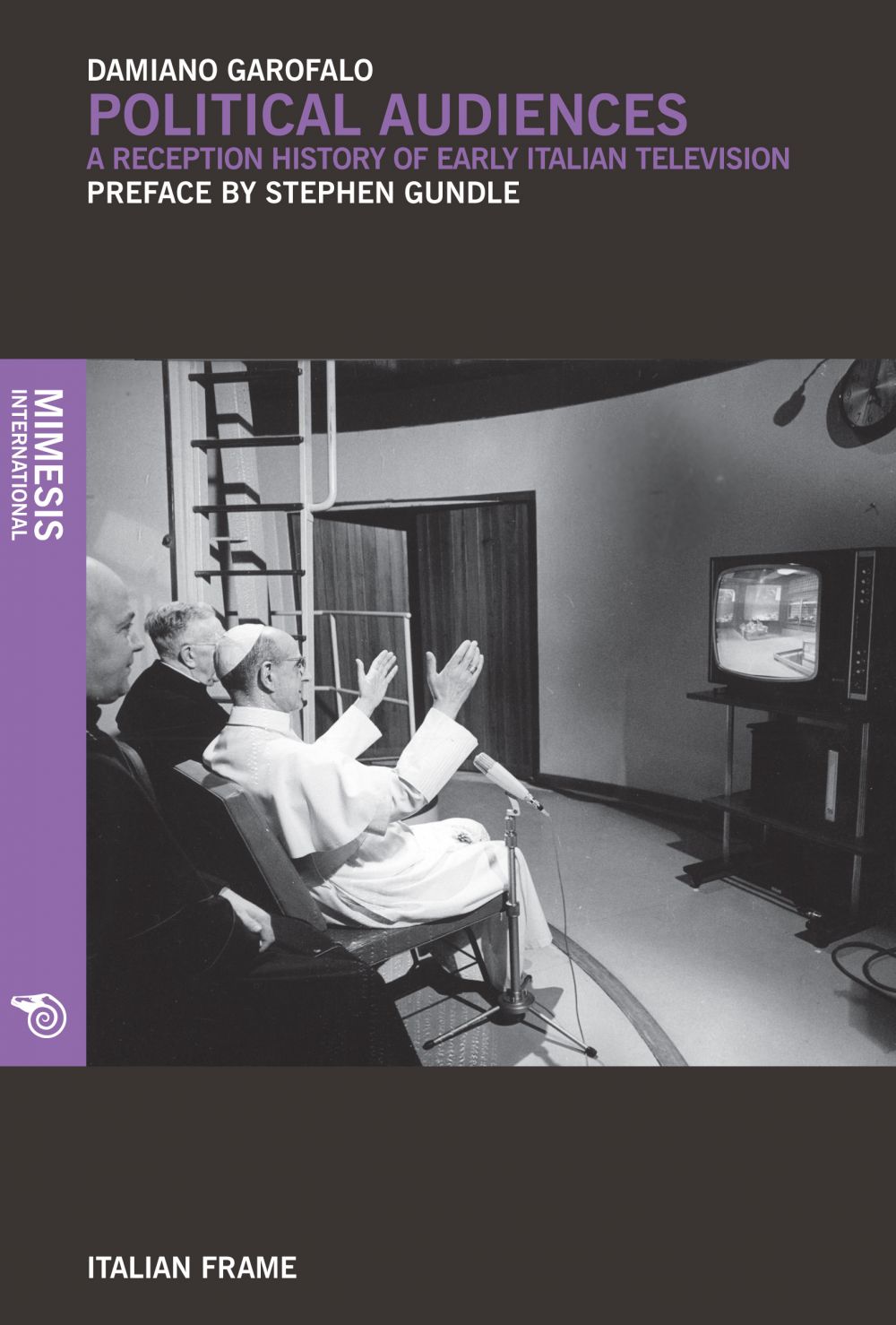Descripción
This book deals with the popular reception of early Italian television during the years of the socalled long “economic boom” (1954-1969). To do so, the author focuses on the Catholic and Communist audiences’ perception of the first TV programs. The investigation into these two main groups’ reception will be conducted through the analysis of all the TV references published in the readers’ columns of the two most popular rotocalchi of those years: the Catholic magazine Famiglia Cristiana and the Communist weekly Vie Nuove. Showing the collective discourse about television, made by very different types of audiences through the use of letters published by these popular magazines, this study points out how television’s impact was also a mediated process. Therefore, the innovative proposal of this book is to suggest an in-depth study of the reception and cultural history of the early Italian television.




